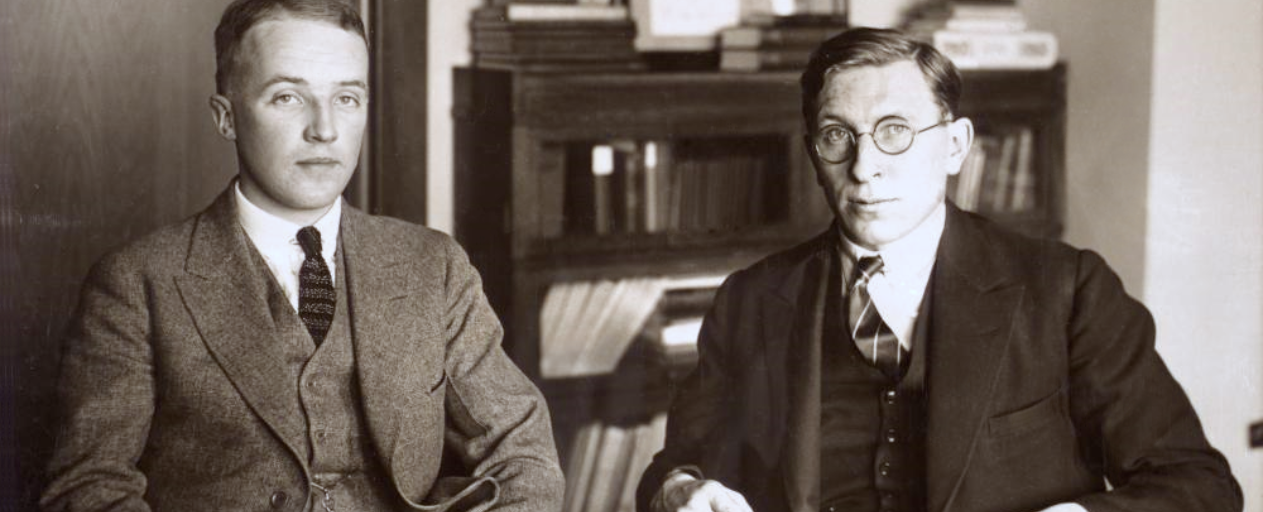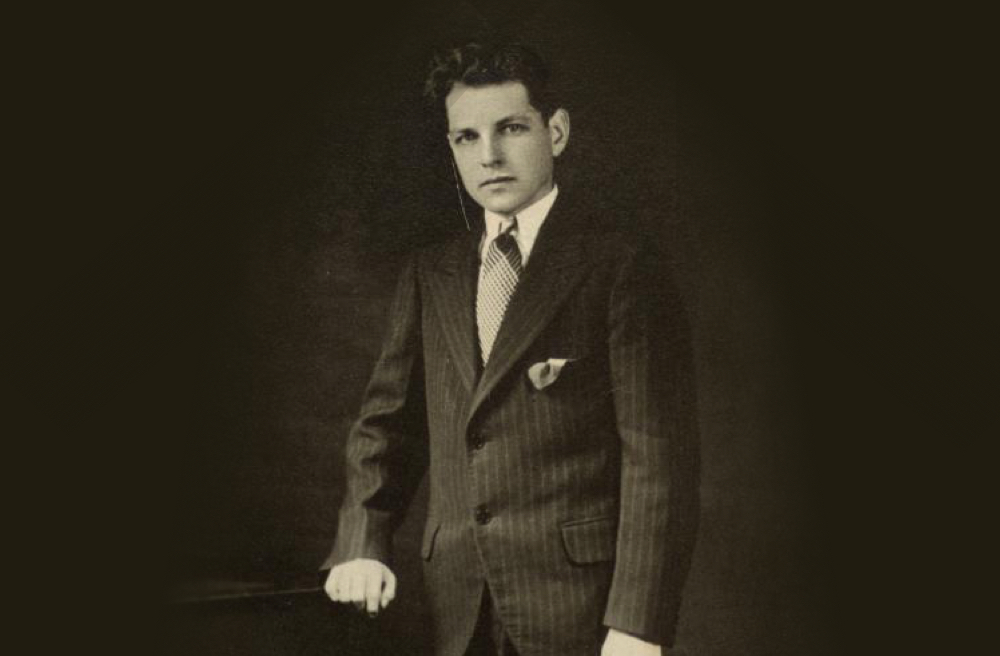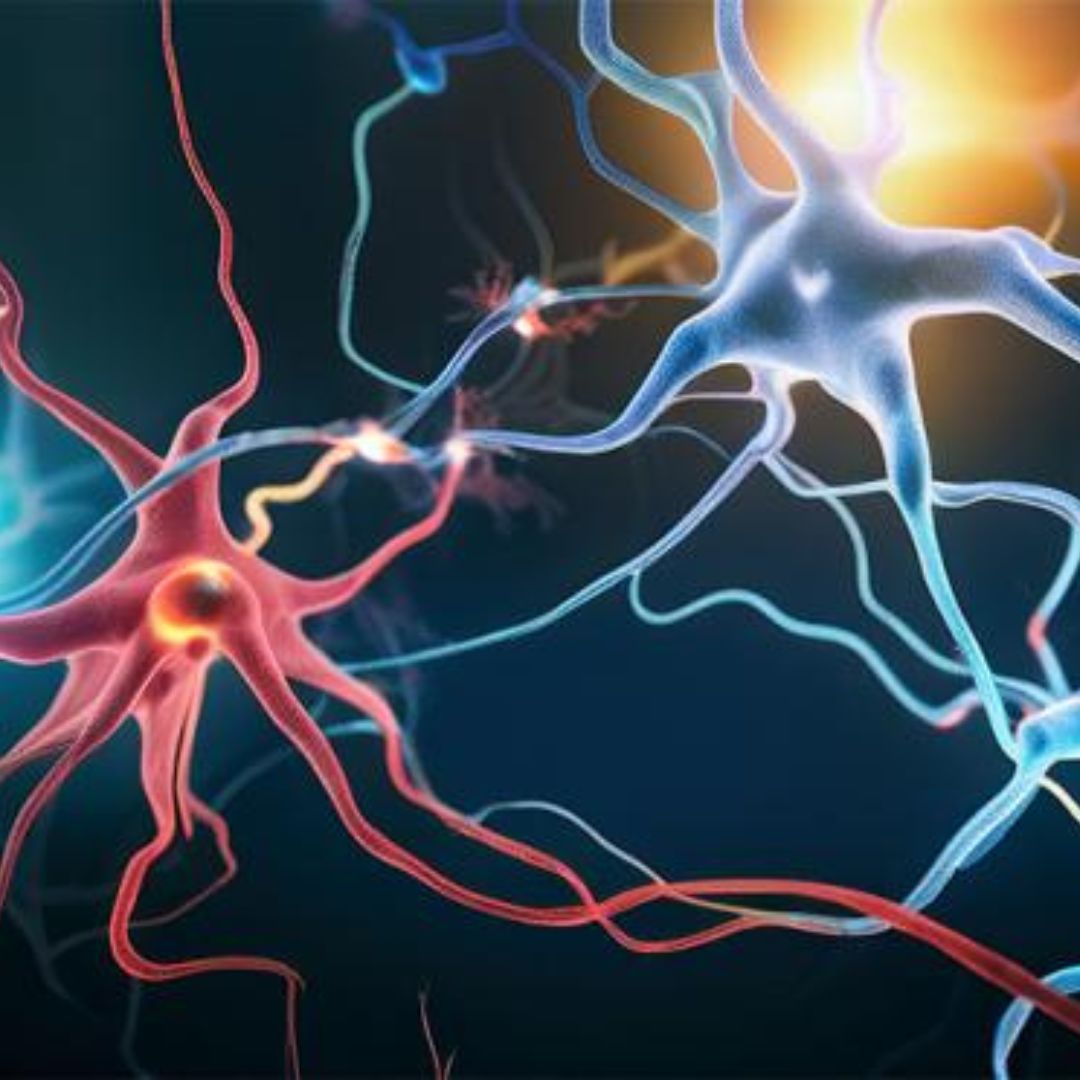
It was one of the most dramatic moments in medical history.
On January 23, 1922, Leonard Thompson, a 14-year-old boy with diabetes who lay dying at Toronto General Hospital, was given the first-ever insulin injection. On that day, our doctors transformed a fatal disease into a treatable condition.
The discovery of insulin was the result of years of work by Drs. Frederick Banting and Charles Best at the University of Toronto. One of the 20th century’s greatest medical discoveries, it remains the only effective treatment for people with Type 1 diabetes today.

“Insulin’s effect on people living with diabetes has been nothing short of miraculous and we are very proud to be part of this legacy,” says UHN endocrinologist Dr. Gary Lewis. “As we look toward the future we see new treatments and device innovations that will bring greater flexibility and a more holistic approach to diabetes management.”
Looking ahead
With Canadian diabetes rates skyrocketing and an anticipated growth in the disease of almost 50 per cent over the next decade in Canada, UHN is seeking new ways to prevent, treat and ultimately cure this devastating disease. Rather than focusing on its end stages, UHN’s clinicians are looking for opportunities to enhance care at every step along a patient’s diabetes journey through:
- Early diagnosis through better screening programs, combined with expanded access to care through community and virtual clinics.
- Precision intervention with machine learning, big data and artificial intelligence to customize personalized diabetes treatment plans that account for a patient’s genetic identity and living environment.
- Preventing complications for people with diabetes, especially vulnerable, underhoused and isolated individuals, by transforming communication and collaboration with family physicians and local health agencies.
- Re-engineering the body to regulate glucose through stem cell research, immunotherapy and islet cell transplantation.
Clearing up common diabetes misconceptions
Here are some things you may not know about diabetes:
1. There is no cure for diabetes, only treatments for its management (including insulin).
2. Anyone, of any age, can have diabetes. Risk of Type 2 diabetes increases as you get older.
3. While you can be born with a genetic predisposition for Type 1 diabetes, the true cause of diabetes remains unknown.
4. Not all people with diabetes show symptoms, so regular medical check-ups are important.
5. A balanced diet, including healthy carbohydrates, is recommended for diabetes management.
6. Left untreated, diabetes can lead to complications such as heart disease, blindness, and kidney failure, as well as foot and ankle ulcers.


